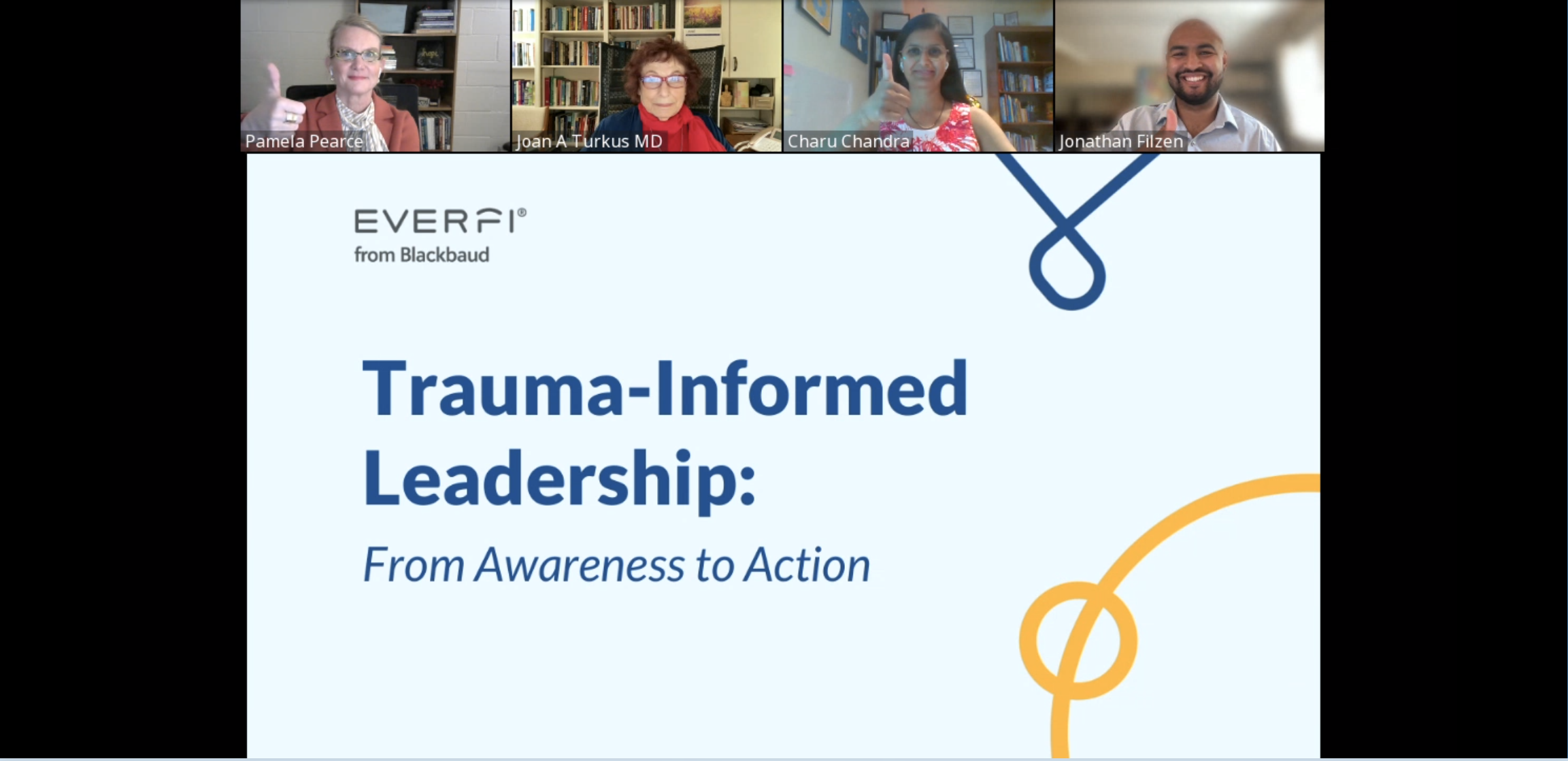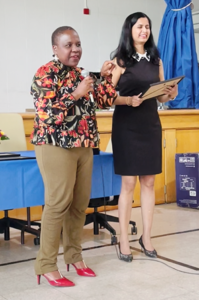Speaking Engagements
Message for School Officials and Parents
Consider this:
-
- “If a child doesn’t know how to read, we teach”
- “If a child doesn’t know how to swim, we teach”
- “If a child doesn’t know how to multiply, we teach”
- “If a child doesn’t know how to drive, we teach”
- “If a child doesn’t know how to behave, we…”
- ” ……….Teach? …….punish? “
- “Why can’t we finish as automatically as we do the others?” -Tom Herner (NASDE President) Counterpoint 1998, p-2
Every student has the potential to excel, but sometimes inherited or environmental factors can hinder their learning, creating challenges for both students and teachers. Often, these are the students who require more attention for behavior management, which can cut into valuable instruction time.
When students with social, emotional, mental, or behavioral health needs are sent to the discipline office, some may be referred to outside agencies. However, many students and their families are unable to take advantage of these referrals. The reasons vary for each individual, but often families prioritize their busy schedules and financial constraints over addressing mental health needs.
Restorative practices emphasize building relationships to prevent conflicts and address misconduct by encouraging individuals to take responsibility, repair harm, and rebuild connections. These practices help individuals recognize the effects of their actions, promote healing, and restore relationships through a set of processes and tools designed to foster a caring community.
At the Office of Social and Emotional Learning in Chicago Public Schools, Charu has served as a Restorative Practices Leadership Coach, offering RP Leadership Coaching to leadership teams. Over the past 9 years, Charu has supported 20 to 36 schools each school year, providing coaching to 2 to 8 leads per school, coordinating districtwide RP training, and conducting schoolwide RP training sessions for staff during professional development days.
Charu has also managed two certification programs: the RP Affiliate Training Series and the Restorative Practices Leadership Certification. These programs have equipped restorative practitioners and RP coaches to guide others in schools and support the widespread implementation of restorative practices.
Charu has focused on supporting staff to develop restorative mindsets, language, and learn strategies to build relationships and repair harm. She has provided trauma-informed care to the members of the school community as well.
These services include, but aren’t limited to the following.
- Restorative Practices training for staff to become restorative practitioners, developing restorative mindset and language.
- Coaching for implementation of Restorative Practices in the Classroom.
- Supporting administration to create restorative systems, structures and protocols to create a supportive school environment.
- Coaching to repair harm, cope and heal.
- Restorative/logical consequence training to implement restorative discipline.
- Consultation service to teachers, parents, and other school staff.
Supervision for Restorative Practice Coaches. - Trauma focused Training, De-escalation training, professional development opportunities for administrators and staff members at the schools and community members to create supportive school environments.
Charu can be available to provide restorative practice coaching, training support and consultation services to staff, schools leadership teams or support the district officials.
For more information regarding restorative practice coaching services– contact



